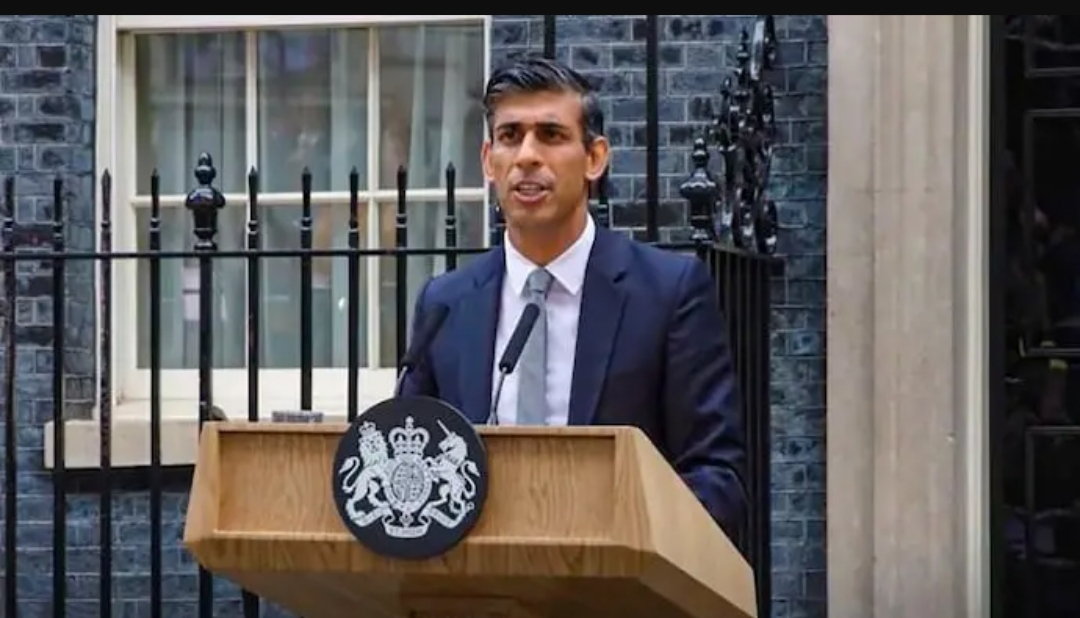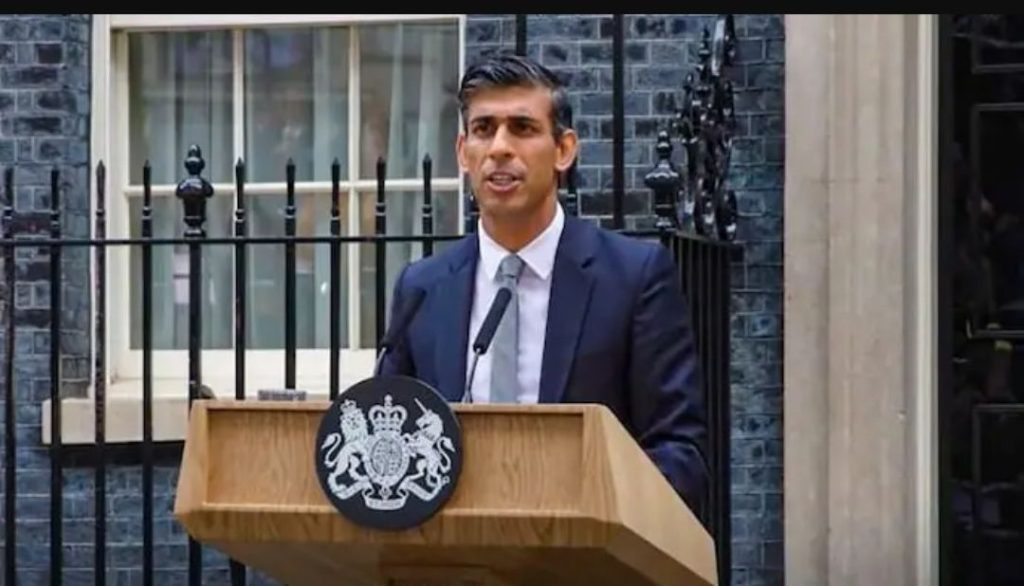
The UK government has announced a series of changes to its immigration rules, which will affect the eligibility and income requirements for family visas. The changes, which are part of a wider plan to reduce net migration, will be implemented in stages over the next four years, with the final and highest threshold coming into effect in 2025.

A family visa allows a British citizen or a person with settled status in the UK to bring their spouse, partner, or child under 18 to live with them. Currently, the minimum income required for a family visa is £18,600 per year, which was set in 2012. However, from next spring, this will increase to £22,000 per year, and then rise gradually to £38,700 per year by 2025.
According to Indiatoday, The government says that the aim of the increase is to ensure that people only bring dependants whom they can support financially, and to prevent them from relying on public funds or benefits. The government also says that the increase will bring the family visa threshold in line with the skilled worker visa threshold, which will also rise to £38,700 per year by 2025.
However, the increase will have a significant impact on many people who want to bring their family members to the UK, especially those who earn less than the average salary or work in low-paid sectors. According to the Migration Observatory, an estimated 70,000 people came to the UK on family visas in the year ending June 2023, and the majority of them were women, young people, and people from outside Europe.
The Migration Observatory also says that the increase will affect some groups more than others, such as women, who tend to earn less than men, and people living outside London and south-east England, where wages are lower. The Migration Observatory also says that the increase will create a “postcode lottery” for family visas, as some regions will have more applicants who meet the threshold than others.
The increase will also have implications for the integration and well-being of the families who are separated by the visa rules. The Migration Observatory says that the increase will prolong the duration of separation and increase the costs and risks of migration for the families. The Migration Observatory also says that the increase will affect the children of the families, who may face difficulties in adjusting to a new country and culture, and may miss out on the benefits of having both parents present.
The increase will also have consequences for the UK economy and society, as it will reduce the supply of workers and consumers, and affect the diversity and cohesion of the communities. The Migration Observatory says that the increase will reduce the number of people who can contribute to the UK labour market and pay taxes, and also reduce the demand for goods and services in the UK. The Migration Observatory also says that the increase will reduce the cultural and social diversity of the UK population, and may create resentment and isolation among the families who are excluded by the visa rules.




